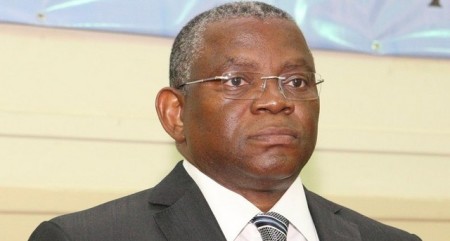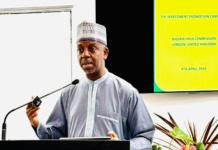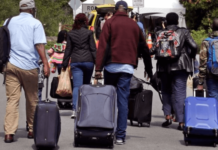
Angola will take up the rotating presidency of the United Nations Security Council next week on 1 March, the day on which the provisional work programme for the month will be formally adopted.
The programme focuses on an open debate at ministerial level with the participation of all UN member states, under the theme proposed by Angola, “Peacekeeping and International Security: Conflict Prevention and Resolution in the Great Lakes Region”.
The debate will take place on 21 March and will be chaired by the Angolan Foreign Affairs Minister, Georges Chikoti, who addressed invitations to counterparts from member states of the UN Security Council and of the Great Lakes Region.
Still on the proposal of Angola, it will take place on 28 March, another open debate on the theme “Women, Peace and Security: The Role of Women in Conflict Prevention and Resolution in Africa”, and a meeting “Arria-Formula” on food safety on 29 March, with the participation of the Director-general of FAO.
The meetings “Arria-Formula” allow a member of the Security Council to invite other UN members and experts in a particular area of interest to the Council for non-binding informal meetings, on topics outside the Security Council agenda.
The March programme, which remains provisional until the end of the presidency, as it is always subject to change, includes the consideration of issues in the agency’s agenda, such as the situation in the Democratic Republic of Congo, Liberia, Libya, Somalia, Lebanon, Afghanistan, Syria, Israel/Palestine, as well as cooperation amongst the UN Security Council and regional and sub-regional organisations, in this case the European Union. It is equally reserved a visit to Mali, Guinea-Bissau and Senegal, in the first week of the month.
Angola, which fulfils its second term in UNSC, will replace Venezuela in the presidency and then will be substituted by China in April.
The United Nations Security Council (UNSC) is one of the five principal organs of the United Nations, charged with the maintenance of international peace and security as well as accepting new members to the United Nations and approving any changes to its United Nations Charter. Its powers include the establishment of peacekeeping operations, the establishment of international sanctions, and the authorization of military action through Security Council resolutions; it is the only UN body with the authority to issue binding resolutions to member states.
The Security Council held its first session on 17 January 1946.










